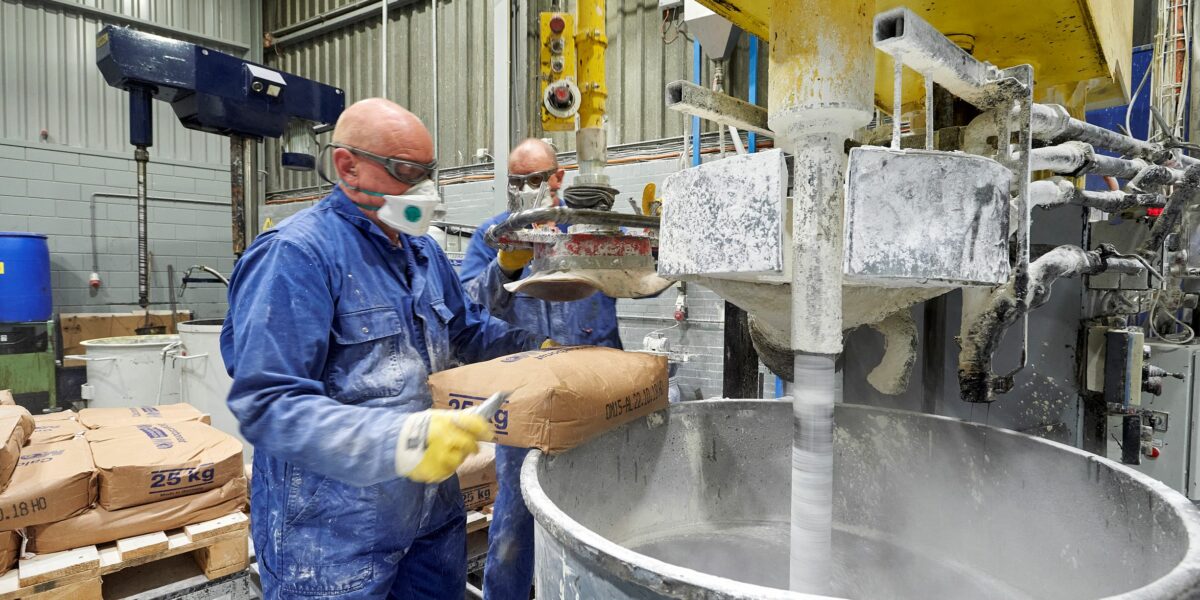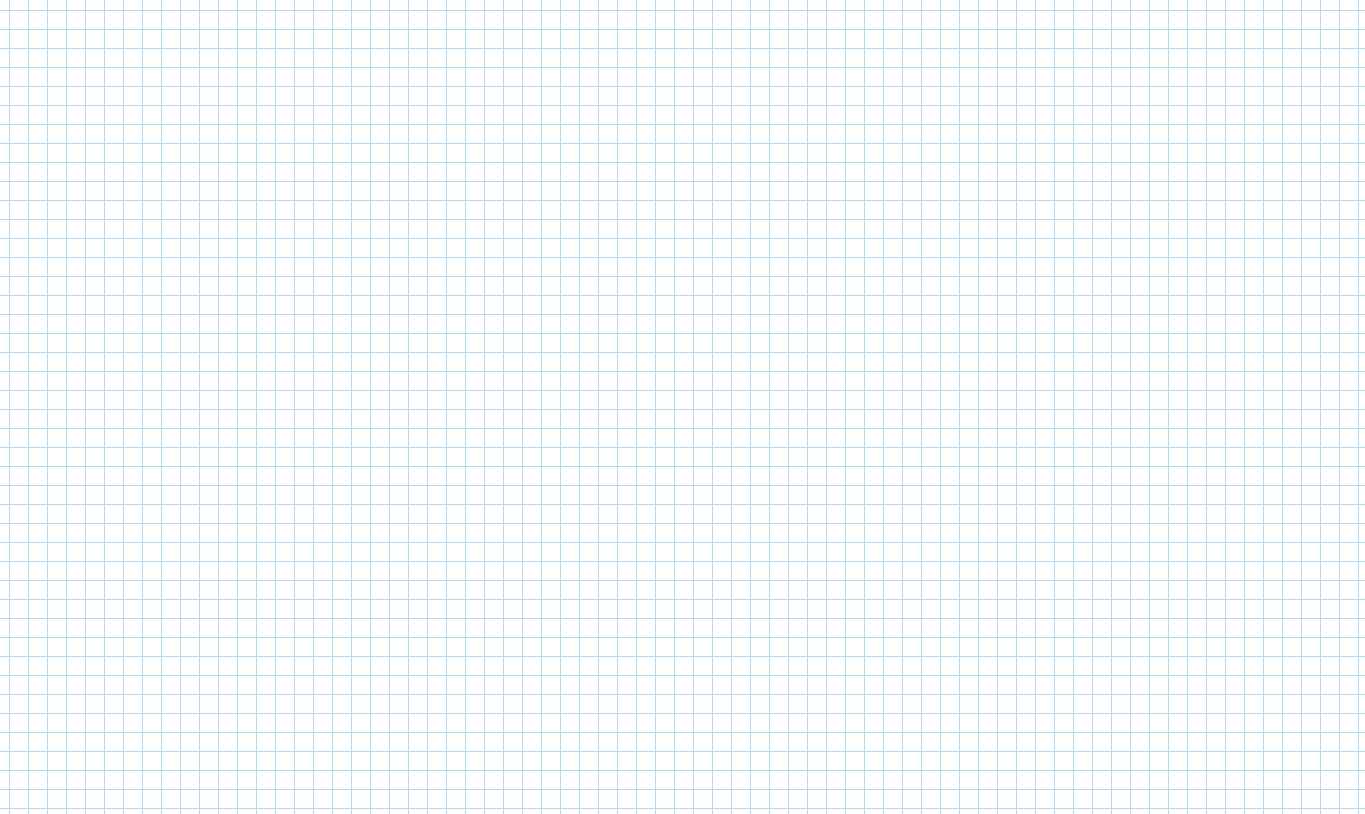Using circular raw materials
We put our words into action. We not only write about our sustainability policy on our website, but we also regularly try to make concrete progress. We were recently able to take a new step that allows us to increase our circularity index to more than 60%. That’s not bad at all, because the ambition for the entire flooring industry is to achieve this goal in the Netherlands by 2030…
Circularity index
What is that again? The circularity index represents the share of circular raw materials (plant-based or recycled material) as a percentage of the total raw materials used. In our case, this mainly concerns the raw materials for yarn and for the backing of our products. A minimal share goes to the packaging. Impact analyses show that our ultimate impact on the environment is mainly determined by the type and quantity of materials we use. Together with our CO2 footprint, we consider the circularity index as one of the most important performance indicators in the field of sustainability.
Rinos: more than 60% circular raw materials
Rinos have used vegetable coconut fibers as raw material for coconut mats for almost 100 years. We are increasingly using Econyl in our polyamide entrance mats: regenerated nylon from discarded fishing nets, clothing, and other nylon waste. We recently also started using recycled calcium carbonate for all our products. This mineral raw material is an important component of the compound for our backing. It comes from waste from other industrial processes and is guaranteed by a certificate of origin. At a company level, we then achieve a result of more than 60% circular raw materials.
Coconut mats are even more than 75% circular
Due to its composition, the most popular coconut mat with a thickness of 17 mm now consists of more than 75% circular raw materials.

